detail profile james campbell
Peran Yang Di Mainkan James Campbell
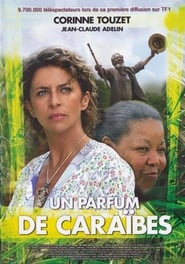 A young Parisian perfume creator discovers...
A young Parisian perfume creator discovers...Un parfum de Caraïbes 2004
A young Parisian perfume creator discovers lost roots, danger and romance on the paradisiac island of Martinique.
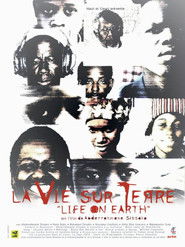 Just before the turn of the 21...
Just before the turn of the 21...Life on Earth 1998
Just before the turn of the 21st century, Dramane, a Malian who lives in Paris, returns to his family's African village to visit his father. After biking around the town, Dramane realizes how different and stagnated his village is compared to the ever-changing modern world, especially at the dawn of a new millennium. While home, Dramane strikes up a friendship with beautiful villager Nana, with whom he contemplates the future. The film earned Sissako awards at the Fribourg International Film Festival, the Ouagadougou Panafrican Film and Television Festival and the San Francisco International Film Festival.
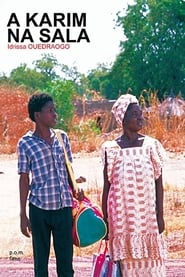 Karims father is missing and presumed...
Karims father is missing and presumed...Karim and Sala 1991
Karim's father is missing and presumed dead, which is why his father's brother has taken over the house and is now his stepfather: this is the custom in Burkina Faso. This would be all right with Karim, except that his new stepfather is a harsh, unloving man, who would just as soon beat him as look at him, and he is the same way with the lad's mother. At the same time, Karim has made friends with Sala, a girl from a wealthy family, starting from when he gave her a baby goat-kid. Their friendship prospers enough so that, when Karim and his mother leave the abusive uncle carrying only what they are wearing on their backs, Sala is able to persuade her family to help them settle safely elsewhere. When Karim's father turns up at last, it is icing on the cake, for they are now able to send the obnoxious man who overshadowed their lives away in disgrace.
 David Locke is a worldweary American...
David Locke is a worldweary American...The Passenger 1975
David Locke is a world-weary American journalist who has been sent to cover a conflict in northern Africa, but he makes little progress with the story. When he discovers the body of a stranger who looks similar to him, Locke assumes the dead man's identity. However, he soon finds out that the man was an arms dealer, leading Locke into dangerous situations. Aided by a beautiful woman, Locke attempts to avoid both the police and criminals out to get him.
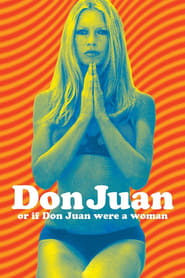 Jeanne lives in Paris and believes...
Jeanne lives in Paris and believes...Don Juan or If Don Juan Were a Woman 1973
Jeanne lives in Paris and believes she is the reincarnation of Don Juan. She visits a priest and tells him she has killed a man. He comes to her elegant flat - her father has died leaving her rich - and she tells the priest stories about men she has seduced. The seduction is easy, she tells him, it's destruction that takes planning. We watch her with an upright elected official, a wealthy boor, and a folk singer. She describes herself as a spider. Her friend Léporella tries to be Jeanne's conscience. What does Jeanne want?
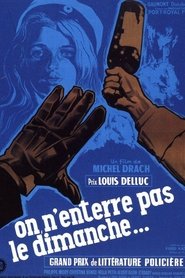 The hero is a black man...
The hero is a black man...One Does Not Bury Sunday 1960
The hero is a black man from Martinique who feels nostalgic for his island and is on his own in France. He falls in love with an au pair girl but has a love affair with a married woman, Mrs Courtalès. He kills the husband in self-defense. But eight months later, he is arrested by the Police. Philippe's fate depends on a child's birth. It will not be what he's expecting.
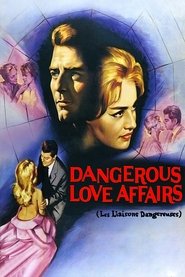 Juliette Merteuil and Valmont is a...
Juliette Merteuil and Valmont is a...Dangerous Love Affairs 1959
Juliette Merteuil and Valmont is a sophisticated couple, always looking for fun and excitement. Both have sexual affairs with others and share their experiences with one another. But there is one rule: never fall in love. But this time Valmont falls madly in love with a girl he meets at a ski resort, Marianne.
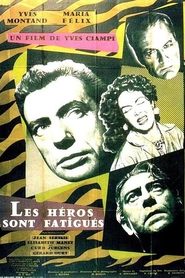 A good cast smooths over the...
A good cast smooths over the...Heroes and Sinners 1955
A good cast smooths over the rough spots of Les Heros sont Fatigues. The scene is the African republic of Liberia, which in this film proves to be a stopping-off point for a number of shady characters. Yves Montand plays a French ex-pilot who becomes involved in a scheme to smuggle stolen diamonds. His cohorts include a Nazi collaborator, a German refugee, and the white mistress of a prominent Liberian. A romance develops between the ex-pilot and the aforementioned mistress. Meanwhile, one of the conspirators (Curt Jurgens) has a last-minute attack of conscience, effectively queering the deal. The steamier romantic passages in Les Heros sont Fatigues had to be trimmed for American consumption.
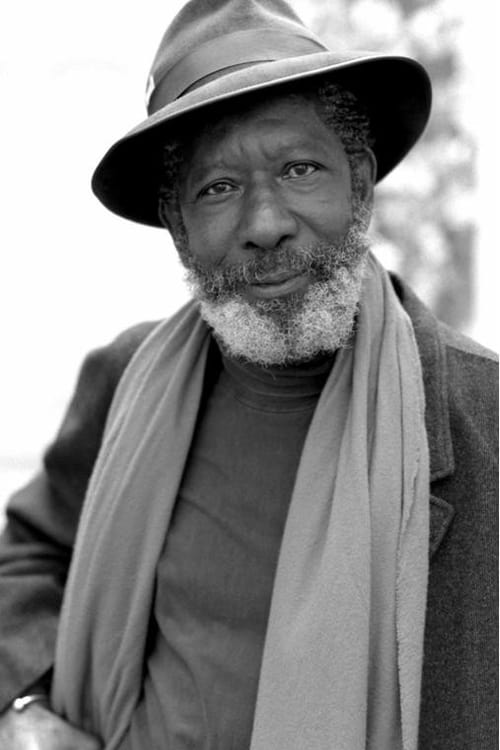
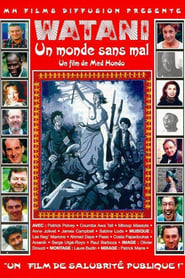 Two men of different backgrounds lose...
Two men of different backgrounds lose...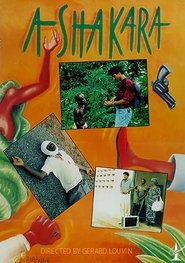 An action thriller which lends a...
An action thriller which lends a...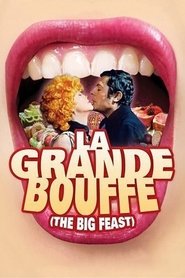 Four friends gather at a villa...
Four friends gather at a villa...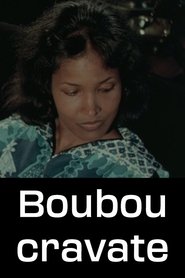 An African diplomat who has returned...
An African diplomat who has returned...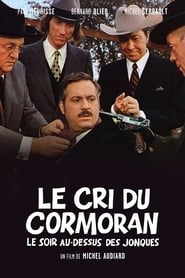 Alfred Mullanet an unlucky player who...
Alfred Mullanet an unlucky player who...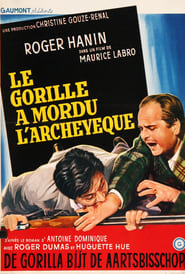 The directors of a company threatened...
The directors of a company threatened...